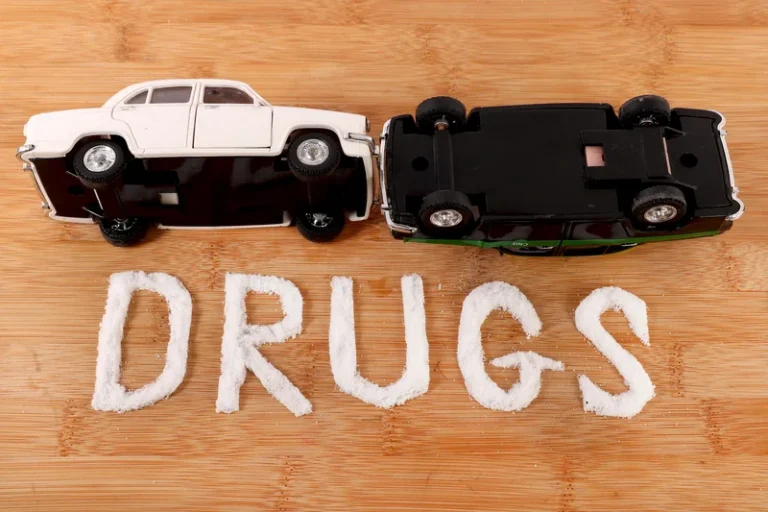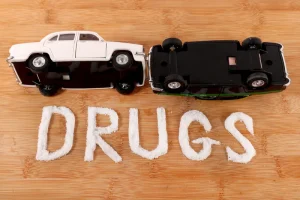
The combination of reduced enzyme activity, slower liver function, and potential medication interactions can all add up, making your body more sensitive to alcohol. These can amplify alcohol’s effects, making you feel more drowsy, dizzy, or out of sorts after just one glass. According to Dr. Daniel Hall-Flavin of the Mayo Clinic, «it’s best to avoid combining antidepressants and alcohol. It may worsen your symptoms, and it can be dangerous.» It won’t go away, but by taking some precautions, you can avoid the symptoms and enjoy a healthy, active life.

What Is Sudden Onset Alcohol Intolerance?
- These compounds are often added to beer and wine to limit the growth of yeast and act as a preservative.
- This allows alcohol to enter your bloodstream more quickly and linger longer.
- Some individuals may experience a sudden change in their alcohol tolerance, even if they have previously been able to consume alcohol without any issues.
- Because alcohol intolerance is rooted in metabolism rather than an immune response, it’s often less dangerous than a true allergy — but still important to manage.
If you do not have the enzyme or the enzyme does not work properly, then the toxic product of alcohol, called acetaldehyde, will build up. The best-known condition to cause alcohol intolerance is Hodgkin’s lymphoma; however, other conditions may also cause it. Alcohol intolerance is still normally uncommon in people with these types of conditions. The antibiotic metronidazole (Flagyl) can cause alcohol intolerance while being https://ecosoberhouse.com/ used. Another medicine called disulfiram (Antabuse) is actually designed to cause alcohol intolerance to help people stop drinking.

Alcohol Intolerance: Causes, Symptoms, & Management
These reactions can contribute to feelings of lightheadedness, dizziness, and, in some cases, fainting, posing risks, especially in situations where balance and coordination are crucial. If you have alcohol intolerance, it’s wise to cut back on alcohol or quit drinking. Drinking with alcohol intolerance causes uncomfortable symptoms, and it also puts you at greater risk for a range of potentially fatal diseases. However, Pepcid and other H2 blockers only mask the symptoms of alcohol intolerance. Although you may be able Twelve-step program to drink more alcohol, your body will still struggle to metabolize it.
- The body metabolizes alcohol in two main steps, involving the enzymes alcohol dehydrogenase (ADH) and aldehyde dehydrogenase (ALDH2).
- If you don’t have a stable alcohol-free place to reside, we have several sober living homes to help you ease your way back into normal life.
- When ADH levels drop, as they often do with age, alcohol lingers in your bloodstream longer.
- Alcohol allergies, on the other hand, involve an immune system response to one or more ingredients in alcoholic beverages.
Medical Conditions and Alcohol Intolerance
One bad night doesn’t necessarily mean you are intolerant to alcohol. Alcohol intolerance stems from genetic causes, the symptoms of which can appear at any time in life. Certain medications, such as those used to treat infections or disulfiram (a medication for alcohol dependence), will cause adverse reactions when combined with alcohol. Alcohol intolerance is largely determined by genetics, affecting how the body processes alcohol.

Can certain types of alcohol trigger more severe allergic reactions than others?
If someone requires support with their alcohol use, they can speak with a doctor to discuss the recommended guidelines for alcohol intake. Research shows that older females are more sensitive than males to the effects of alcohol. Research suggests this is one of the most common hereditary disorders in the world, affecting 560 million people, or eight percent of the global population. The highest prevalence (35-40 percent) is among in people of East Asian descent.
How to get Diagnosed or Tested for Alcohol Intolerance?

If a person suspects they have alcohol intolerance, they should speak with a doctor. The doctor may be able to make a diagnosis or recommend testing for allergies, intolerances, or genetics. Alcoholic drinks such as wine contain histamine, which occurs as a byproduct of fermentation. However, people who do not have enough of this enzyme can develop histamine intolerance. Alcohol intolerance is a genetic condition that prevents the body from being able to break down alcohol effectively.
Denying Our Mental Health: Why We Do It and How To Move Past It
Alcohol intolerance can result from a genetic condition where the body cannot break down alcohol to digest it correctly. This condition is usually genetic and is common in people of alcohol intolerance Asian descent. Alcohol intolerance may cause a person to experience immediate reactions after they drink alcohol, or they may develop it hours after, the day after, or even later in life. In other cases, people can be intolerant to the chemicals that give alcoholic drinks their flavour and colour, not the alcohol itself.
- Medications called antihistamines can help treat symptoms of a mild allergic reaction.
- For example, I have a friend who loves beer but always feels sick after drinking it.
- Alcohol intolerance can bring on immediate, uncomfortable reactions after you consume alcohol.
- A friend who recently turned 40 has also developed a sudden alcohol intolerance.
- When people with alcohol intolerance consume even small amounts of alcohol (ethanol), they experience adverse reactions.
By implementing these coping strategies, individuals with alcohol intolerance can still enjoy social events without feeling left out or uncomfortable. It’s important to note that while genetics can play a role in alcohol intolerance, it’s not the only factor. Other lifestyle factors such as diet and overall health can also contribute to an individual’s ability to tolerate alcohol. Overcoming alcohol use disorder might seem impossible, but that’s not the case. Many people can recover if they go to a specialized rehab center that uses proven treatments.
